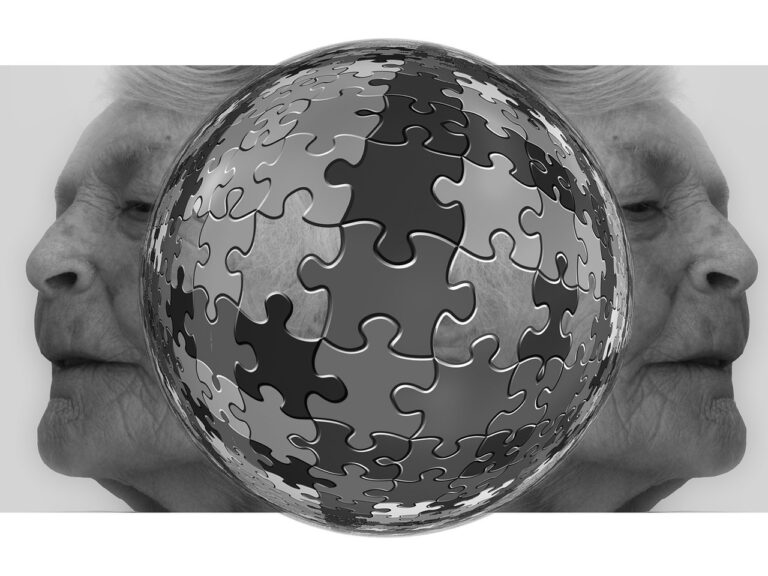How to Address Burnout in the Healthcare Industry
Burnout in healthcare professionals can manifest in various ways, impacting both their work performance and personal well-being. One common sign is a persistent feeling of exhaustion, despite getting adequate rest. Healthcare providers experiencing burnout may also exhibit decreased motivation and a sense of detachment from their patients and colleagues. Insomnia and disrupted sleep patterns are often reported by individuals struggling with burnout, as the stress and emotional toll can make it challenging to relax and unwind after work.
In addition to physical symptoms, emotional indicators can also signal burnout in healthcare professionals. Feelings of cynicism, irritability, and frustration towards patients or the healthcare system may be prominent. Another warning sign is a reduced sense of accomplishment and satisfaction in their work, leading to a loss of interest in activities they once found fulfilling. It’s essential for healthcare organizations to recognize these signs early on and provide support to prevent further escalation of burnout among their staff.
Understanding the Causes of Burnout in the Healthcare Industry
One of the main causes of burnout in the healthcare industry is the heavy workload that healthcare professionals often carry. Long hours, increased patient volume, and administrative tasks can lead to exhaustion and feelings of being overwhelmed. The constant pressure to meet high demands while maintaining quality patient care can take a toll on the mental and emotional well-being of healthcare professionals.
Additionally, a lack of support and resources in the healthcare setting can contribute to burnout among professionals. Insufficient staffing levels, limited access to mental health services, and inadequate training can all contribute to feelings of frustration and helplessness. Without the necessary support systems in place, healthcare professionals may struggle to cope with the challenges they face daily, increasing the risk of burnout.
What are some common signs of burnout in healthcare professionals?
Some common signs of burnout in healthcare professionals include feelings of exhaustion, cynicism or detachment from work, and a sense of ineffectiveness or lack of accomplishment.
What are some of the main causes of burnout in the healthcare industry?
Some of the main causes of burnout in the healthcare industry include high job demands, long work hours, inadequate resources, lack of control over work, and poor organizational support.
How can healthcare professionals prevent or manage burnout?
Healthcare professionals can prevent or manage burnout by setting boundaries between work and personal life, practicing self-care, seeking support from colleagues or supervisors, and advocating for changes in their work environment.
What are some strategies that healthcare organizations can implement to address burnout among their staff?
Healthcare organizations can address burnout among their staff by promoting a positive work culture, providing resources for stress management and mental health support, offering training on resilience and self-care, and involving employees in decision-making processes.





